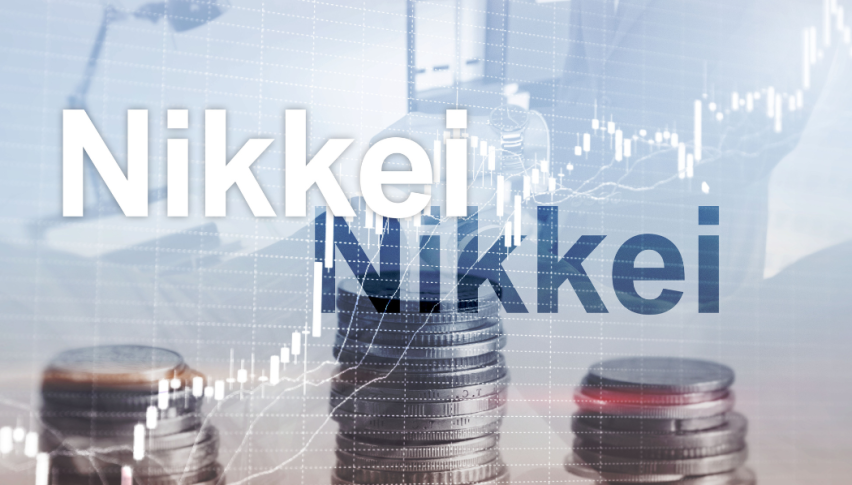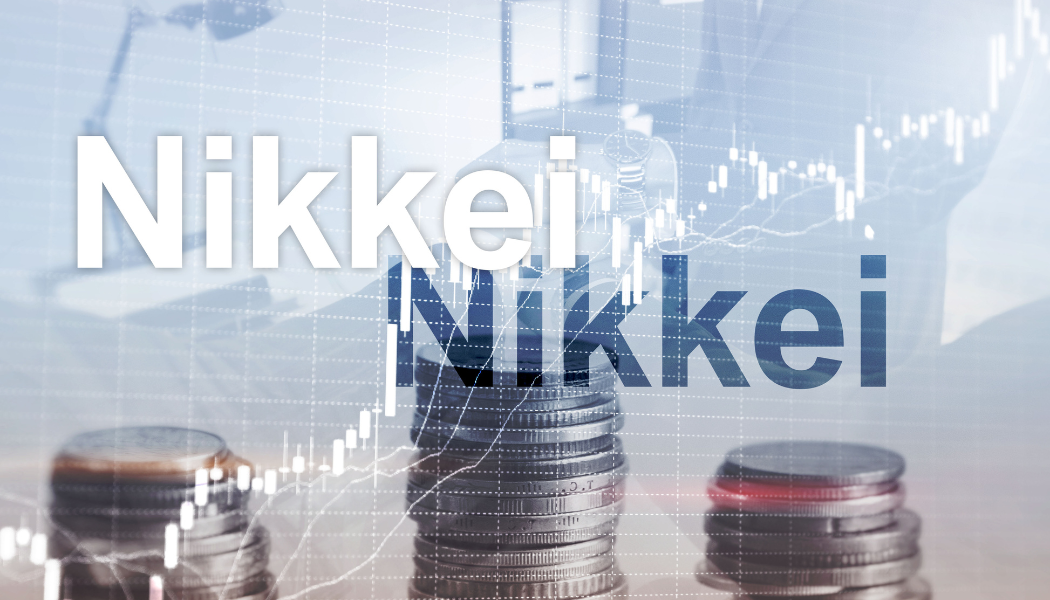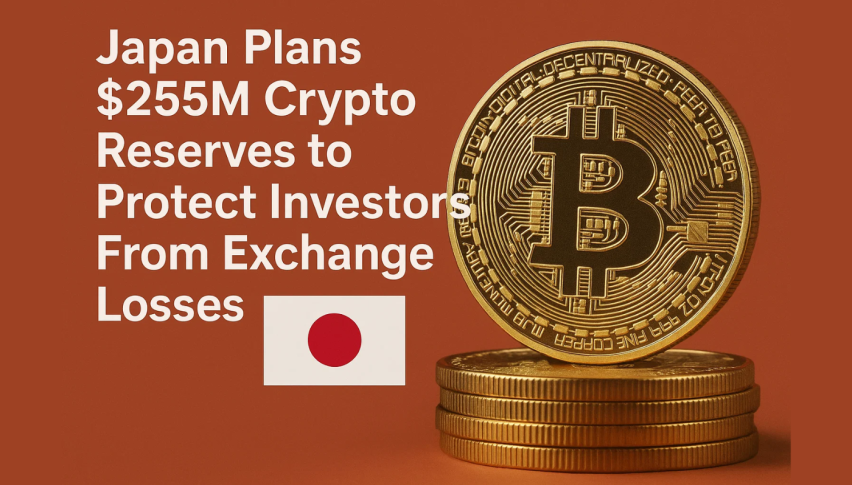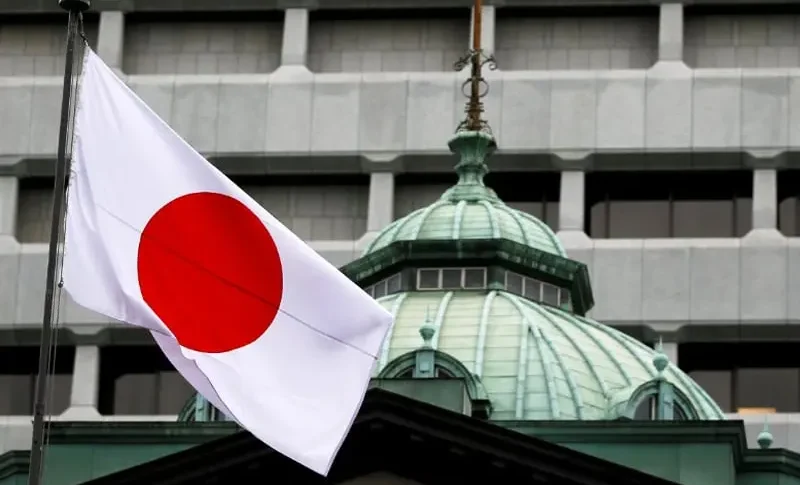Nikkei 225 Falls Due to US Interest Rate and Political Uncertainty, but Boosted by Record Tourism and Yen Depreciation
The Nikkei 225 (N225) index was unable to halt its previous downward trend and ended the week on a bearish note at around 40,092, hitting an intra-day low of 39,829.

The Nikkei 225 (N225) index was unable to halt its previous downward trend and ended the week on a bearish note at around 40,092, hitting an intra-day low of 39,829.

This decline was due to losses in sectors such as Precision Instruments, Electrical/Machinery, and Insurance. Additionally, speculation about future interest rate cut and political uncertainty in the US also played a major role in undermining the Nikkei 225 index.
US Interest Rate Speculation and Political Uncertainty Impacting Japanese Stock Volatility
On the US front, the volatility in Japanese stocks is driven by speculation about future interest rates and potential political changes.
Analysts at Bank of America point out that investors are reacting to expectations of lower US interest rates and the possibility of Donald Trump becoming president. As a result, they are shifting their investments from large technology companies to smaller and mid-sized companies.
These smaller companies are more affected by economic changes, so the market is seeing increased volatility as investors adjust their strategies based on these uncertainties.
Meanwhile, the speculation that President Biden might not run for re-election due to health concerns is causing worries about Donald Trump potentially returning to office. If Trump were to come back, he might implement stricter trade policies, which could affect international trade.
This uncertainty is making investors nervous and contributing to fluctuations in global markets, including the Nikkei 225 index.
As a result, the index might experience increased volatility because traders are concerned about how these political changes could impact trade and the overall economy.
Record Tourist Surge and Yen Depreciation Boost Japan’s Economy and Nikkei 225
In June, Japan welcomed a record 3.14 million foreign visitors, breaking previous highs. This surge is largely due to the yen’s depreciation, which has made Japan a more appealing destination for international travelers.
The boost in tourism is anticipated to significantly benefit Japan’s economy, positioning tourism as the country’s second-largest export sector.
Therefore, the surge in foreign visitors and yen depreciation will likely boost Japan’s economy and positively impact the Nikkei 225 by enhancing corporate earnings, particularly in tourism-related sectors.
- Check out our free forex signals
- Follow the top economic events on FX Leaders economic calendar
- Trade better, discover more Forex Trading Strategies
- Open a FREE Trading Account
- Read our latest reviews on: Avatrade, Exness, HFM and XM


